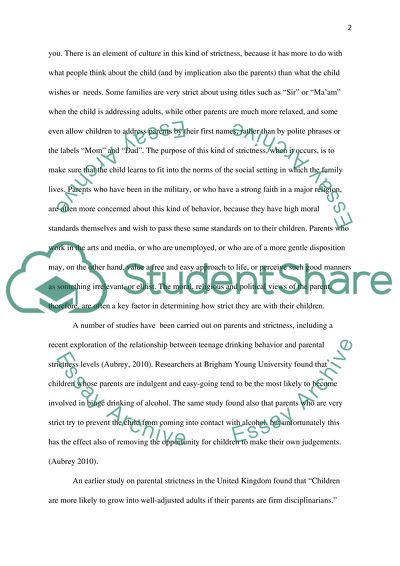Cite this document
(“Why Parents are Sometimes Strict to their Childeren Essay”, n.d.)
Retrieved from https://studentshare.org/english/1442498-explain-why-parents-are-sometimes-strict-to-their
Retrieved from https://studentshare.org/english/1442498-explain-why-parents-are-sometimes-strict-to-their
(Why Parents Are Sometimes Strict to Their Childeren Essay)
https://studentshare.org/english/1442498-explain-why-parents-are-sometimes-strict-to-their.
https://studentshare.org/english/1442498-explain-why-parents-are-sometimes-strict-to-their.
“Why Parents Are Sometimes Strict to Their Childeren Essay”, n.d. https://studentshare.org/english/1442498-explain-why-parents-are-sometimes-strict-to-their.


